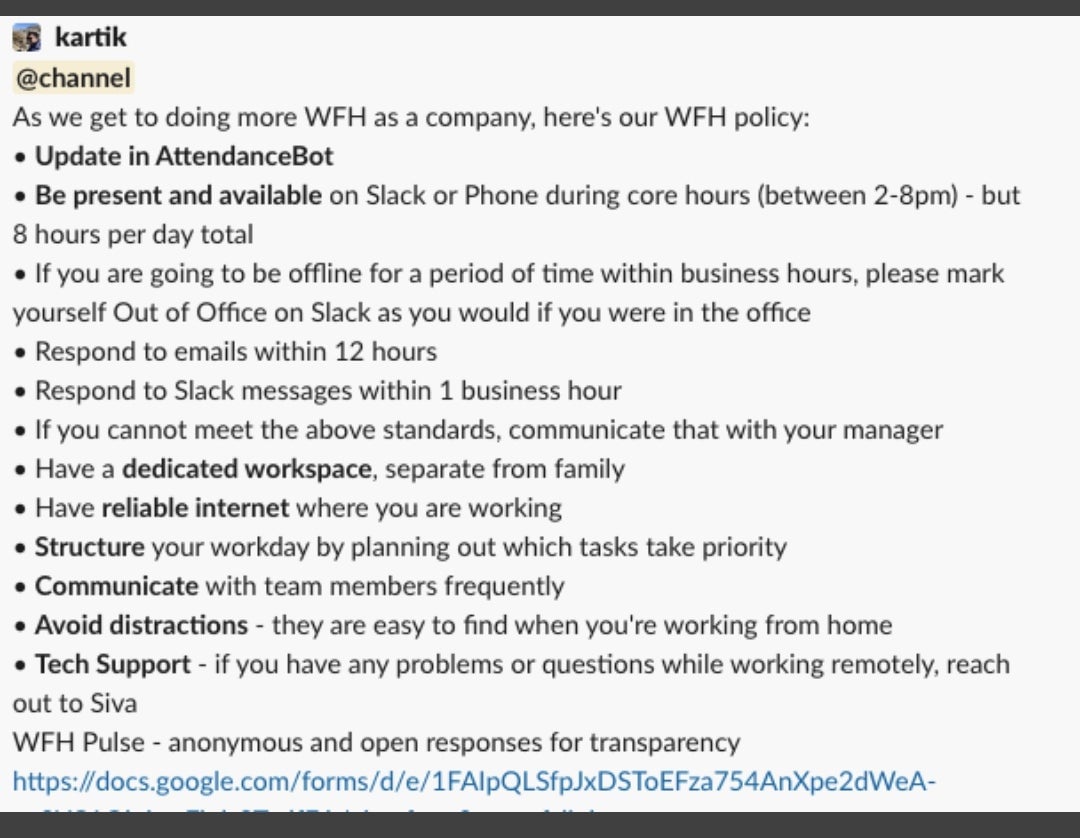It took a pandemic for India Inc to accept the benefits of working from home
In 1973, NASA engineer Jack Nilles coined the term “telecommuting” or the use of electronics to work remotely. At the time, he estimated this style of work to become the norm in about 20 years.


In 1973, NASA engineer Jack Nilles coined the term “telecommuting” or the use of electronics to work remotely. At the time, he estimated this style of work to become the norm in about 20 years.
His estimation was right and remote working did pick up in many parts of the world in recent decades, But in India, its acceptance has remained limited.
A majority of Indian employers—particularly in traditional industries—do not allow work from home. Even as new-age startups are open to remote working, at larger companies, it’s an option that is often offered as a perk or for special needs.
The coronavirus outbreak has, however, made remote working a necessity overnight.
Over recent weeks, several Indian companies have mandated their staff to work from home in an attempt to socially distance people and reduce the spread of Covid-19.
But why did Indian companies wait for a pandemic to adopt a practice that has many benefits, for both employees and employers?
“With globalisation, teams are spread all over the world and technology facilitates us to work from anywhere, anytime,” said Harriet Molyneaux, managing director of Hot Spots Movement, a London-based specialist research consultancy focused on the future of work. “The rise of the gig economy means that many people work for themselves and do this from their own homes as a cost-effective solution to office space.”
“Work” is not a place
Meera Sapra knows the benefits of working from home all too well. A marketing lead at Chennai-based online office suite provider Zoho, Sapra has been working remotely for 12 years now. After her employer recently made it mandatory for all of its over 8,000 employees to work remotely, she feels her peers are performing better than before.
“Remote working enables my team to think at its own pace,” she said. “Everyone has their own physical and mental space and I have noticed better quality of ideas that have come up. Digital presence has its own kind of serendipity that physical presence does not; digital presence makes you value a co-worker’s time much more.”
At Delhi-based software testing startup Wingify, the staff is “learning to use existing technology more efficiently and creatively” while working from home, said founder and chairperson Paras Chopra. The company’s staff of over 230 has been working remotely for about 15 days now. “The silver lining we will see are the benefits to the environment as more conferences go virtual,” he added.
Despite all its benefits, a sudden shift to remote working can prove disruptive.
It can’t happen overnight
While smaller startups are swiftly finding workarounds, in some businesses, such as banking, financial services or firms that deal with critical data, it might be almost impossible to make teams work remotely all of a sudden.
Even for young companies, it isn’t a cakewalk.
When Bengaluru-based human resource tech startup SpringWorks (previously SpringRole) recently asked all of its 150 employees to work from home, they complained about missing their watercooler conversations.

“Our challenge was to mitigate loneliness,” said SpringWorks CEO Kartik Mandaville. “We have come up with a couple of solutions, including a mass coffee break where all employees login over a video call in the evenings for coffee or virtual birthday celebrations.”
It is essential that companies that have been forced to roll out remote working for employees amid coronavirus outbreak, interact with their staff frequently and clearly, Mandaville said. In addition, a conscious effort must be made to document each conversation and make it available to employees so they can reference it as and when needed.
For remote working to be effective, an organisation needs a shift in its culture and managerial mindset. Companies must prepare for situations where employees hesitate in asking certain questions over emails or instant messengers, or managers are not effective in virtually responding to queries.
“Managers will have to be trained to handle people differently in this new world of work,” said Gautham Ghosh, a digital HR consultant. “Policies will have to change. Take for example, what is the etiquette of conducting meetings online and who follows it up?”